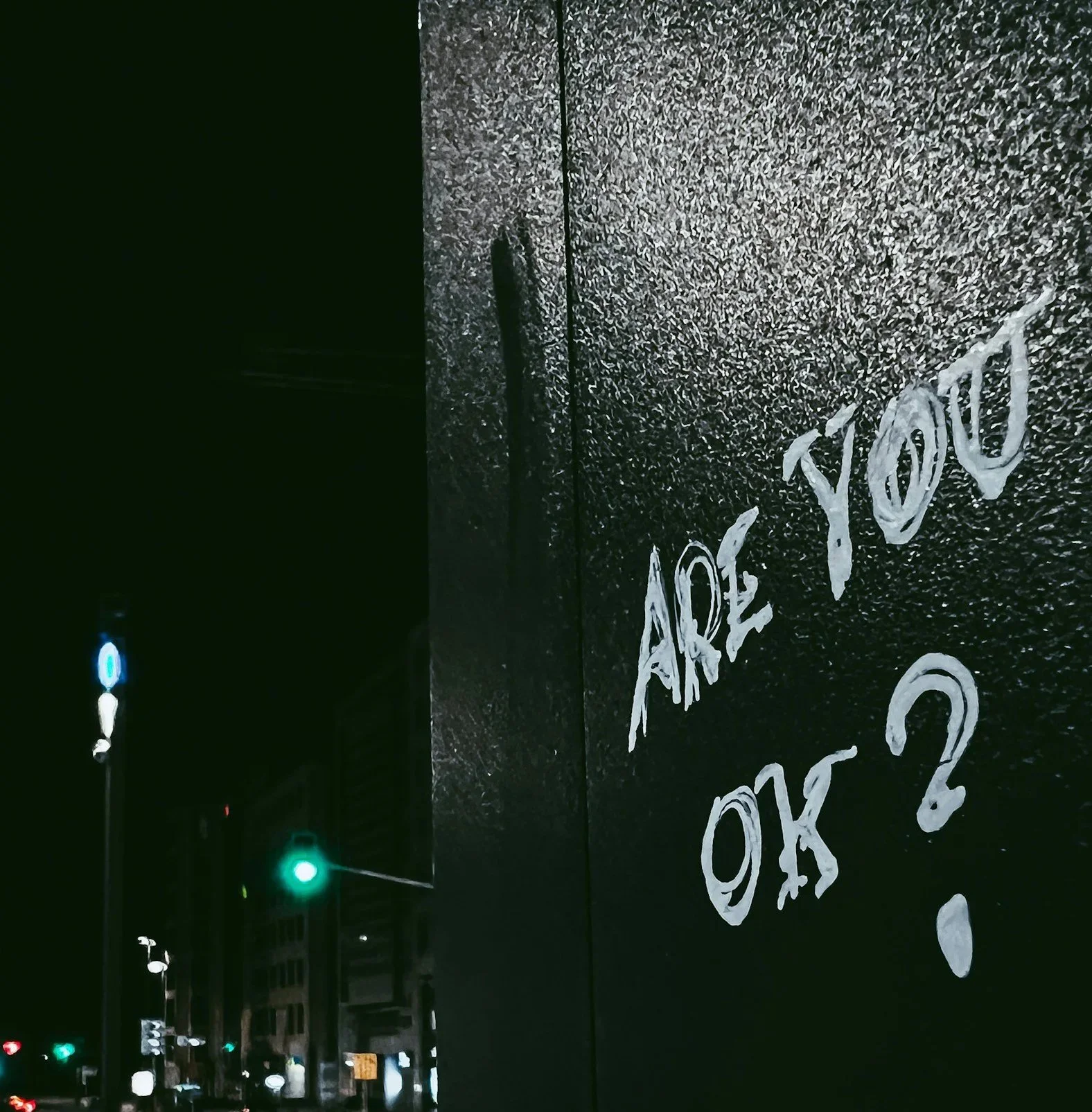Previous
Previous
When to seek help
Next
Next

What It Is
Hoarding means finding it very hard to throw away or give away items, even if others see them as useless.
Letting go can cause stress or sadness, and over time, clutter can take over living spaces.

Collecting papers, clothes, or junk mail that pile up.
Clutter blocking walkways, beds, or counters.
The problem grows slowly over years, affecting daily life.

Feeling anxious or upset when trying to part with things.
Avoiding visitors because of the mess.
"I told myself I’d sort it out on the weekend, but weekends came and went. The more the piles grew, the more I avoided that room. Soon, I couldn’t even sit at my own table."

Family history or genetics.
Brain differences making decision-making harder.
Stressful life events like grief or trauma.
Links with anxiety, depression, or OCD.
A way to feel safe or in control.

Do you keep buying or picking up things when you don’t have space?
Does sorting feel overwhelming?
Has clutter strained your health, family, or work life?

(Anxiety and Depression Association of America):adaa.org
IOCDF (International OCD Foundation):iocdf.org
Buried in Treasures (self-help book)
Anxiety Recovery Centre Victoria: Hoarding & Clutter Support Group. arcvic.org.au

Anxiety Australia: Group therapy in Melbourne’s east. anxietyaustralia.com.au
Stuffology (Dr. Jan Eppingstall): stuffology.com.au